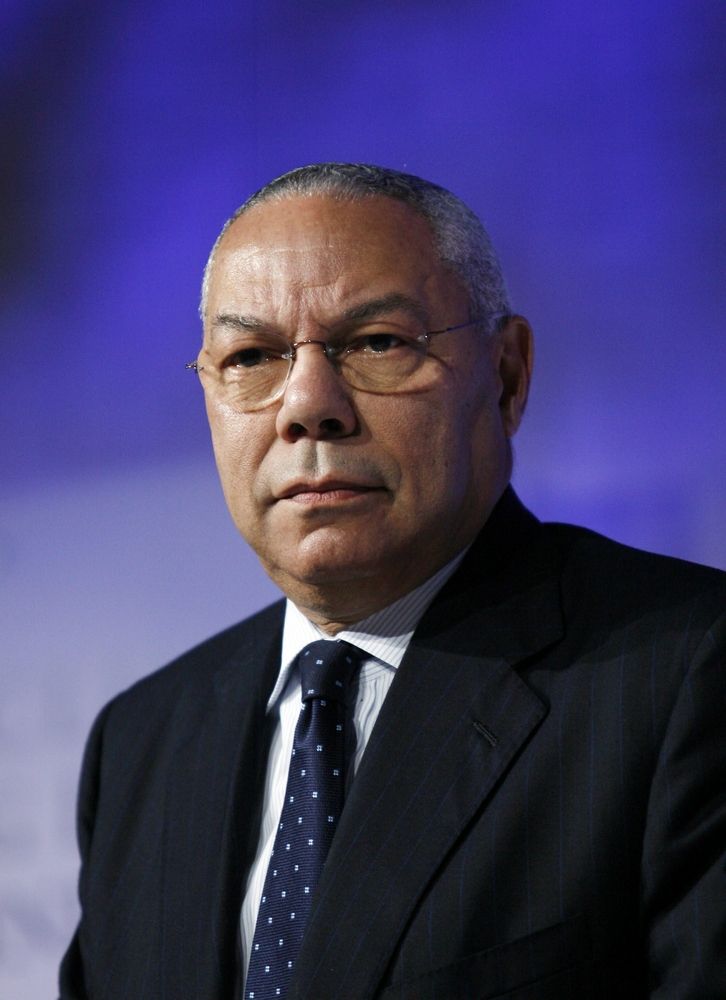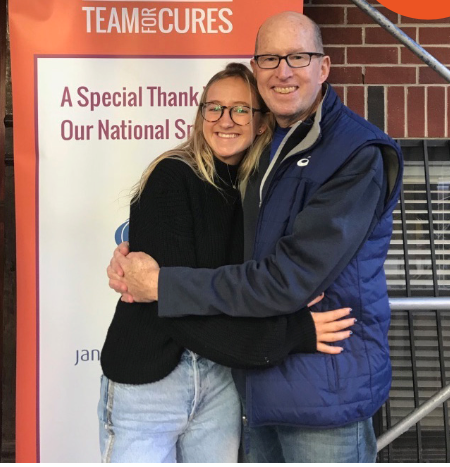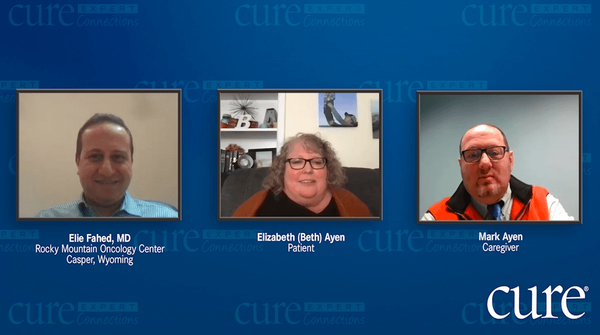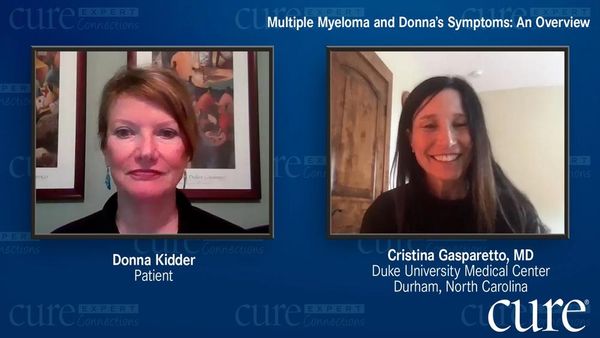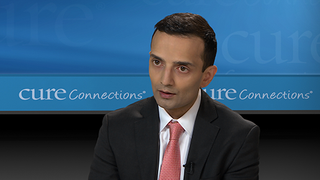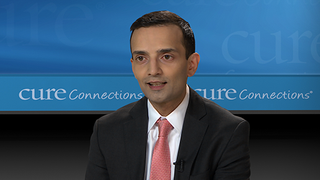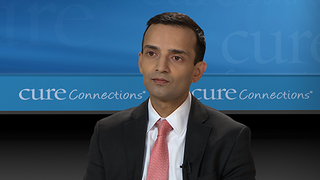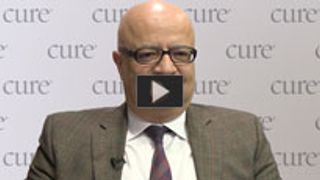
Myeloma
Latest News
Latest Videos

More News
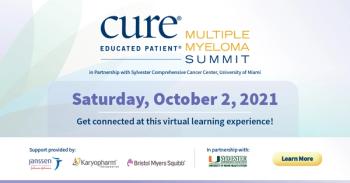
View the full CURE® Educated Patient® Multiple Myeloma Summit in Partnership with Sylvester Comprehensive Cancer Center, University of Miami on demand.

The prescription of systemic cancer therapies varies based on a patient’s age, comorbidities, cancer stage and other variables, according to recent research.

The use of convalescent plasma therapy in patients with blood cancers and COVID-19 was associated with an improvement in survival from the infection.
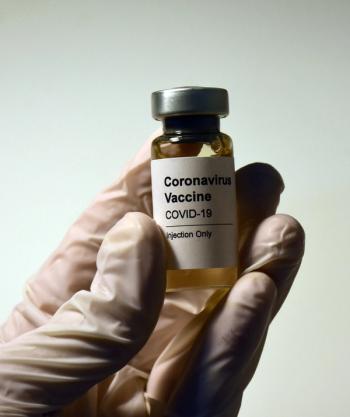
Patients who are immunocompromised, such as patients with blood cancers, may get the boosted immunity needed to reduce their risk for contracting COVID-19 and hospitalization for compilations related to the virus.
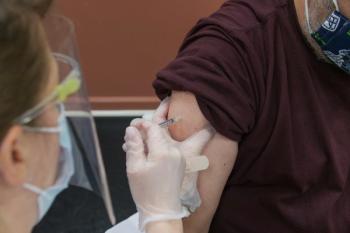
Fifteen percent of patients with myeloma did not have detectable antibodies two weeks after receiving the COVID-19 vaccine.

Patients with myeloma who are receiving Pepaxto should discuss the potential risks and benefits of continued treatment with the drug.

About 25% of patients with blood cancer did not produce antibodies after being vaccinated against COVID-19.

Darzalex Faspro has received FDA approval for use in combination with pomalidomide and dexamethasone for patients with multiple myeloma who previously received one line of therapy.

Donald Rumsfeld, who died from multiple myeloma, served as secretary of defense under Presidents Gerald R. Ford and George W. Bush.

Recent findings merit further study of the immunosuppressive drug as therapy in patients with multiple myeloma.

Results from a recent study strongly support a treatment regimen of Darzalex with Revlimid and dexamethasone as a new standard of care for patients with transplant-ineligible newly diagnosed multiple myeloma.

Treatment with an investigational drug induced high response rates in patients with relapsed or refractory multiple myeloma.

Patients with relapsed/refractory myeloma who were previously treated with three or more therapies responded to an infusion of a novel CAR-T cell therapy up to 18 months with no new side effects compared with 12-month results of this study.
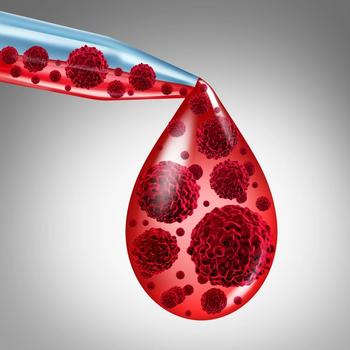
The study’s lead author noted that a survival outcome, along with other results, was similar among the two groups.
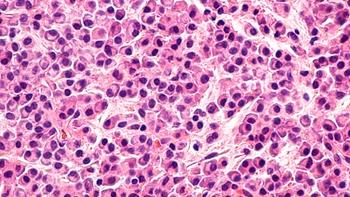
After long-term follow-up, the CAR-T cell therapy still boosted survival outcomes in patients with relapsed/refractory multiple myeloma, regardless of the number of prior lines of therapy received.
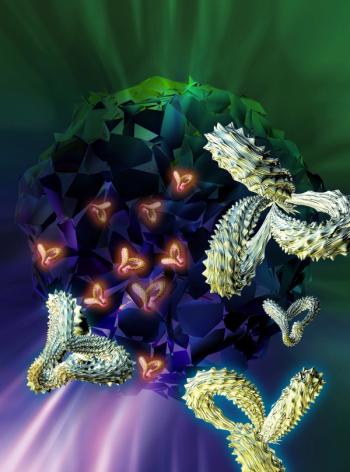
Novel CAR-T Cell Therapy Produces Early and Deep Responses in Certain Patients with Multiple Myeloma
A single infusion of a novel CAR-T cell therapy was associated with early and deep responses to treatment among a certain group of patients with multiple myeloma.
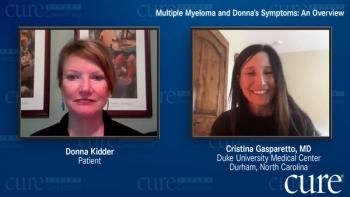
Donna and Dr Gasparetto close the discussion by highlighting the importance of physicians utilizing their patients, as well as patients being involved with their multiple myeloma treatment.

Donna gives advice to other multiple myeloma patients about what she has learned from living with this disease and her various therapies.

Researchers have developed Myeloma Drug Sensitivity Testing to determine which medications will be most effective with minimal side-effects.

Cristina Gasparetto, MD, discusses Donna’s relationship with the drug carfilzomib for multiple myeloma therapy, as well as her second relapse.

Donna and Dr Gasparetto converse about the many first- and second-line therapies for multiple myeloma.

Cristina Gasparetto, MD, details typical multiple myeloma maintenance in comparison with Donna’s therapies, and Donna tells us about her first relapse with multiple myeloma.

We learn more about Donna’s 2 transplants, her chemotherapy, and how they impacted her quality of life.

Donna discusses her multiple myeloma diagnosis and the start of her treatment, while Dr Gasparetto educates on the importance of transplants.

Cristina Gasparetto, MD, gives a brief overview of the multiple myeloma disease state and introduces us to Donna, one of her patients diagnosed with multiple myeloma.

